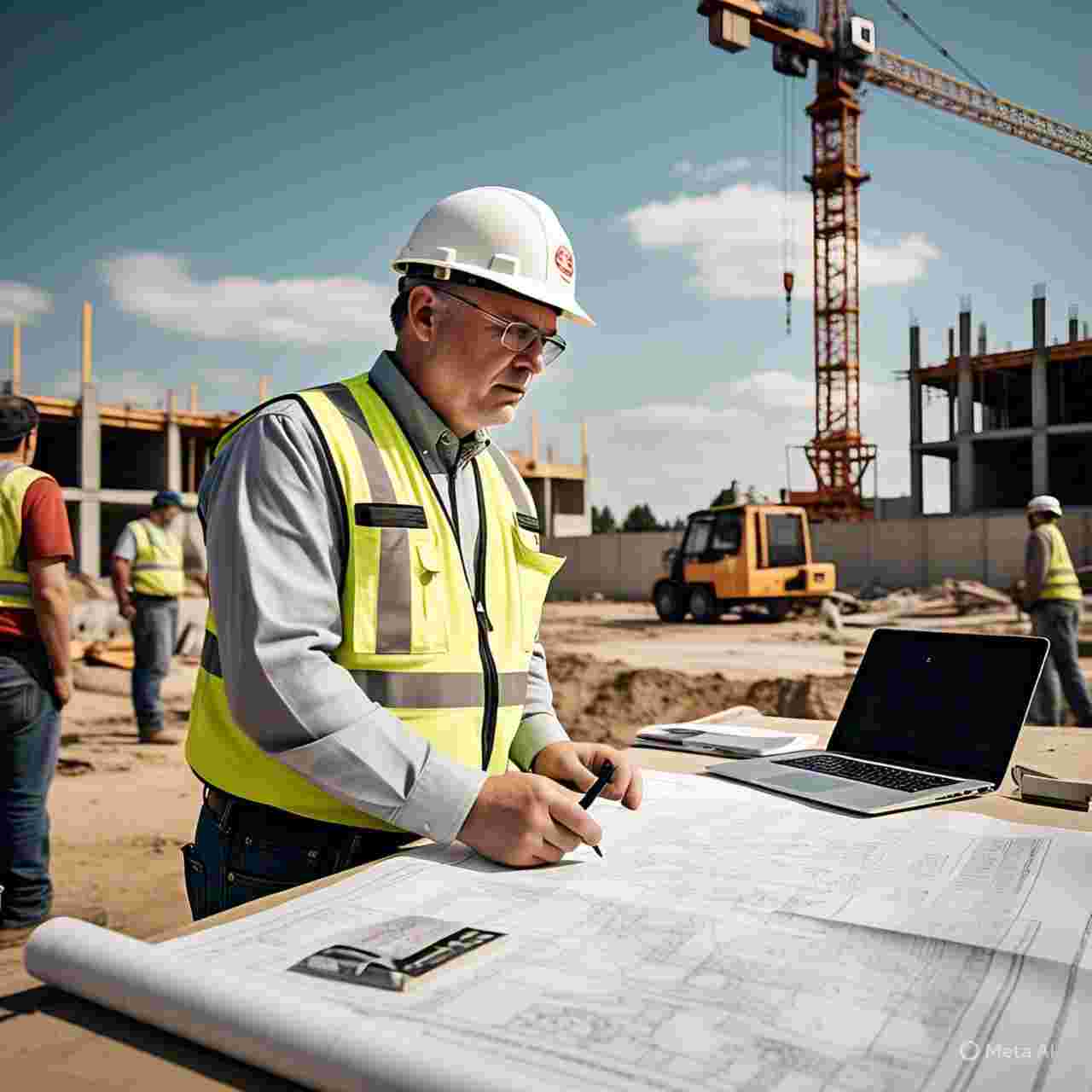In today’s increasingly complex construction environment, safety regulations are more than just formalities—they are mandatory, enforceable frameworks that directly affect project timelines, designs, and liabilities. One of the most vital specialists in this domain is a fire code consultant. For architects, building managers, and facility professionals working across Canada, understanding the role and value of these consultants can mean the difference between smooth approval and frustrating delays.
This article explores how a fire consultant adds value throughout the building lifecycle and why their role is essential in maintaining safety, compliance, and project efficiency.
Understanding the Role of a Fire Code Consultant
A fire code consultant is a specialist who evaluates building designs, plans, and systems to ensure compliance with national and provincial fire codes. These consultants are not only fluent in the National Fire Code of Canada (NFCC), but also provincial variations like the Ontario Fire Code, Alberta Fire Code, and others.
Their job involves interpreting technical fire safety regulations, advising on solutions, and preparing documentation that satisfies the requirements of building and fire officials. Consultants also provide risk assessments, performance-based design strategies, and code equivalency recommendations when prescriptive rules can’t be followed exactly.
Why Architects and Facility Managers Need Fire Code Consultants
1. You Can’t Afford Permit Delays
Many permit applications get delayed or rejected due to fire safety non-compliance. This can push back construction timelines and increase project costs. A fire code consultant helps ensure that permit packages are code-compliant from day one—saving you from unnecessary setbacks.
2. Code Requirements Are Constantly Evolving
Canadian fire codes are updated every few years, and local jurisdictions often impose their own unique amendments. Without an expert who stays updated, you risk designing to outdated standards. A consultant provides current, reliable guidance.
3. They Translate Complexity into Clarity
Codes are technical, dense, and often difficult to interpret. A fire code consultant breaks them down into actionable strategies, enabling the rest of the design or operations team to stay focused on their core responsibilities.
4. Design Flexibility Without Compromising Safety
Sometimes architectural creativity doesn’t align with rigid code prescriptions. That’s where consultants shine—they propose alternative solutions or performance-based approaches that preserve design intent while ensuring fire safety.
Core Services Offered by Fire Code Consultants
-
Code Compliance Reviews
Checking plans, materials, and layouts for fire protection system alignment with current codes. -
Permit Support & Documentation
Preparing fire safety reports for submission to Authorities Having Jurisdiction (AHJs). -
Performance-Based Design Strategies
Using fire modeling or egress analysis when prescriptive code solutions aren’t viable. -
Fire Risk Assessments
Analyzing potential fire hazards and providing mitigation solutions for new and existing buildings. -
Egress Planning & Exit Path Analysis
Ensuring safe occupant movement and adherence to evacuation standards. -
Occupancy Classification Support
Determining correct usage categories that affect fire protection system design and code requirements.
Ideal Project Scenarios for a Fire Code Consultant
While nearly all commercial projects benefit from a fire code review, the following scenarios absolutely require professional guidance:
-
High-rise residential or mixed-use towers
-
Hospitals and long-term care facilities
-
Universities, schools, and other institutional buildings
-
Factories, warehouses, and other high-hazard occupancies
-
Retrofits, change-of-use, or occupancy reclassification
-
Permit applications requiring variances or alternate solutions
In these projects, the absence of a fire code consultant could lead to major setbacks, safety issues, or non-compliance fines.
How Consultants Support Long-Term Operations
Even post-construction, consultants play a key role in facility management. From fire safety audits to helping prepare for inspections, they ensure a building remains compliant throughout its life.Facility managers often rely on consultants for:
-
Annual fire code audits
-
Updates on new code changes
-
Fire evacuation plan reviews
-
Insurance or due diligence reporting
A fire code consultant essentially becomes a long-term partner in ensuring your facility stays ahead of fire safety regulations.
A Trusted Name in Fire Code Consulting
Choosing the right expert matters. One highly regarded firm in this space is Vortex Fire. Operating across Canada and internationally, Vortex Fire brings deep technical expertise in code consulting, fire engineering, and performance-based design. Their consultants work closely with architects, project managers, and regulators to ensure each project meets fire safety goals without compromising innovation or timelines.
Conclusion
Hiring a fire code consultant is not just a smart move—it’s a necessity in today’s regulatory environment. Whether you're starting a new development, managing a facility, or renovating an existing building, expert guidance ensures that fire safety standards are met without compromising timelines or design quality.
The consequences of non-compliance are too costly to ignore—both financially and in terms of life safety. A seasoned consultant ensures you stay on track, get approved faster, and deliver safer buildings.
FAQs
1. Why does my permit keep getting delayed due to fire safety issues?
This often happens when designs don’t fully meet local fire code requirements. A fire code consultant can fix these issues before submission, saving time and money.
2. Do I still need a fire code consultant if I have an architect?
Yes. While architects understand many safety basics, consultants specialize in interpreting and applying complex fire codes to ensure full compliance.
3. Are fire consultants only needed for new buildings?
Not at all. They’re equally important for retrofits, renovations, or even periodic fire audits for existing facilities.
4. What if my building design doesn’t meet the code exactly?
A consultant can explore alternative solutions or performance-based designs that still meet the intent of the code—without compromising your design.




